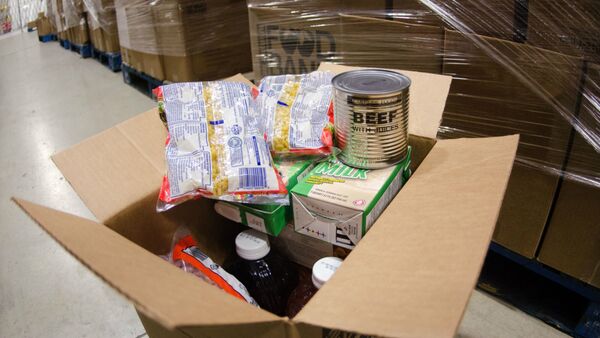"We get lines of people every day, starting at 6:30 in the morning," Sheila Moore, who oversees food distribution at the Storehouse, the largest pantry in Albuquerque, New Mexico, told the Associated Press.
The growing demand has surprised some, as the unemployment rate has dropped from ten percent during the recession, down to 5.3 percent as of this July.
"The economy is really not getting better for low-income people," Rev. Sarai Schnucker Rice of the Des Moines Area Religious Council Food Pantry Network told AP.
Others are less surprised, and estimate the surge is due to cutbacks in food stamps provided to people who are employed, but still don’t make enough to cover daily living expenses and provide for their families.
"People who have low-wage jobs, who aren't receiving regular raises, are finding those earnings stretched thin," James Ziliak, who founded the Center for Poverty Research at the University of Kentucky, told AP.



